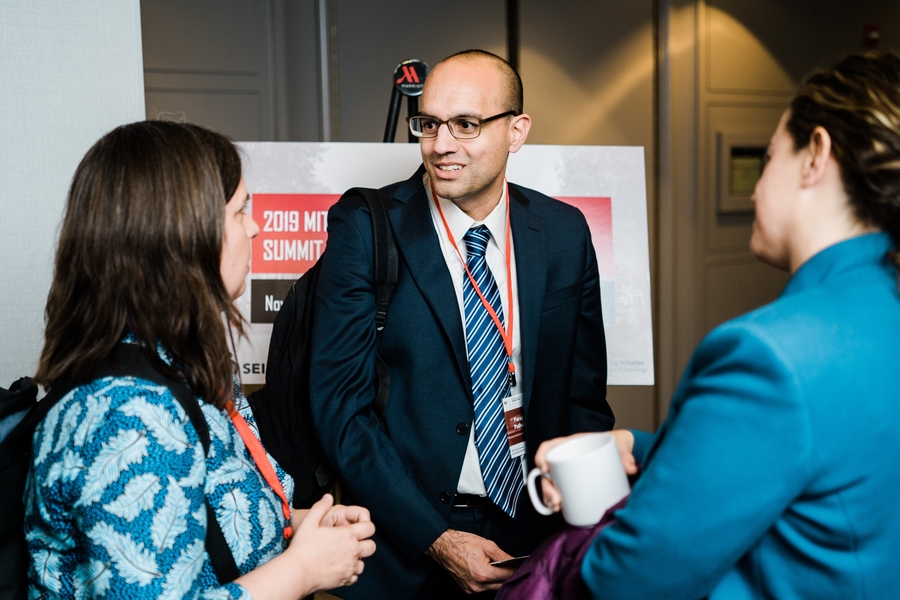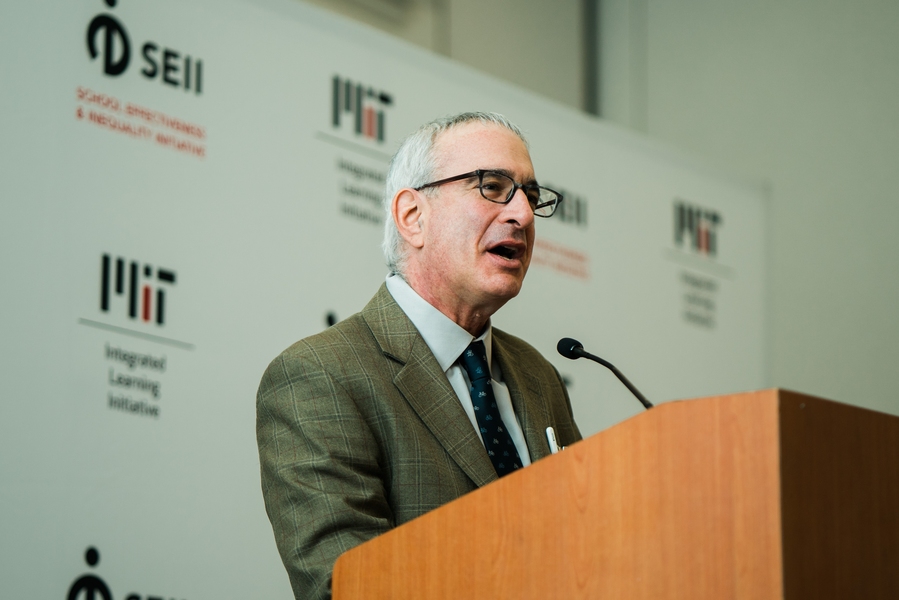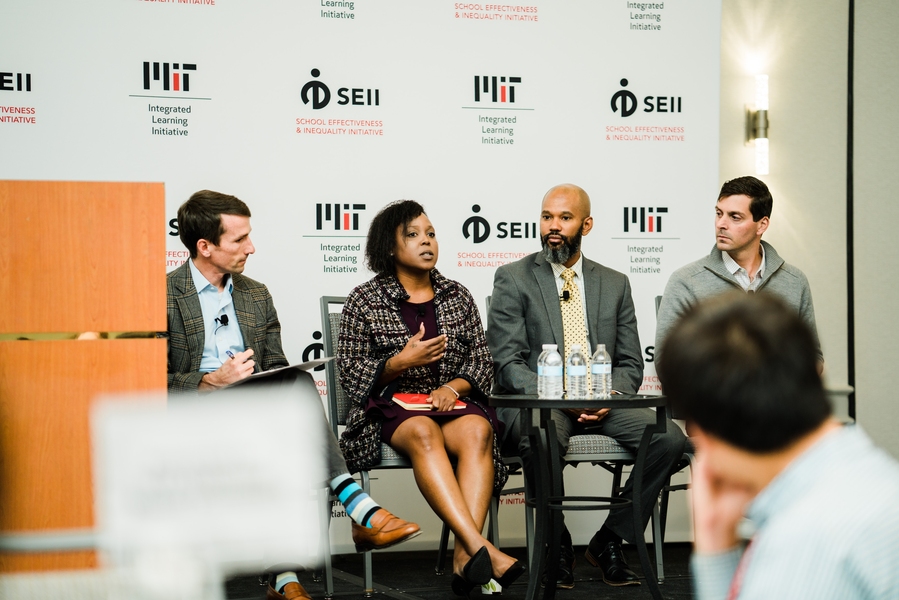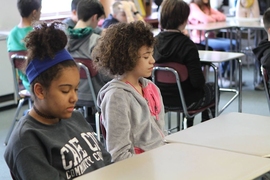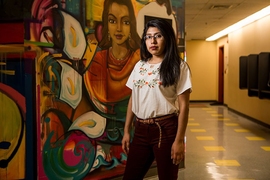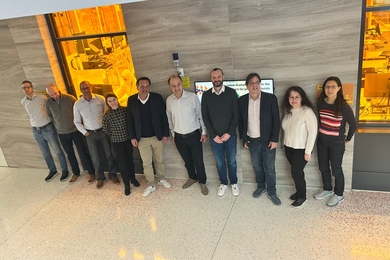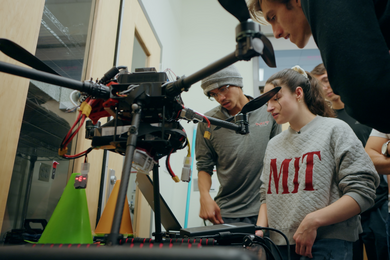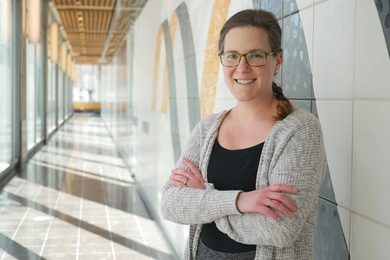School districts nationwide are striving to offer more school options and to increase the overall quality of education for students, yet families everywhere struggle to enroll their children in a school that is the right fit.
In an effort to help state and local education leaders improve enrollment systems and address some of education’s most substantial challenges, MIT has launched the MIT School Access and Quality Fellowship Program. This yearlong program, designed by the MIT School Effectiveness and Inequality Initiative (SEII) and the MIT Integrated Learning Initiative (MITili) and supported by the Michael and Susan Dell Foundation and Arnold Ventures, will engage the leaders of America’s largest school districts, state agencies, and education nonprofits, equipping them with the latest tools to improve school performance and enrollment policies.
SEII, a research lab based in MIT’s Department of Economics and supported by MITili, conducts research to inform policy with school districts, state agencies, nonprofits, and higher education institutions throughout the United States. Locally, SEII’s scholars have worked with Boston Public Schools for almost 15 years to study student assignment and school choice processes. The lab helps BPS and other large urban districts develop fair and efficient enrollment systems.
Now MIT professors and SEII co-directors Joshua Angrist and Parag Pathak hope to extend this work to school districts nationwide through the fellowship.
“There is a lot of potential to use data to facilitate data-driven policy-making,” says Pathak. “It became apparent that it would be a missed opportunity not to equip district leaders with the latest thinking and tools.”
In addition to exploring the latest evidence on enrollment practices, fellowship discussions also center on the close ties between school quality and school choice. “Every city measures and shares information about school quality — but this information can sometimes be deceiving,” says Angrist. For example, a highly selective school with successful alumni may not necessarily be “better” than other schools when considering the available data. Rather, it may be that the school admits students who are already on track to have good outcomes.
The fellowship officially launched at the MIT School Access and Quality Summit Nov. 11-12. At the event, the first cohort of 14 fellows met with researchers and other education leaders to learn and share enrollment best practices. The program is intended to be a “two-way conversation” between fellows and researchers — with the fellows providing valuable perspectives about the specific policy challenges they face, and the researchers sharing approaches to interpreting data. The interaction between the fellows and MIT researchers will continue beyond the summit, with fellows participating in activities throughout the year.
The collaborative nature of the program, bringing together practitioners and researchers, is an innovative approach to tackling some of the ongoing challenges that education leaders face. Dana Peterson, assistant state superintendent and CEO of the Baton Rouge Achievement Zone, explains that this program provides an opportunity to expand the infrastructure around school choice in light of the growing charter school sector in his region. He says that families in the area that have had very few schooling choices 10-15 years ago may now have 20 options.
“With charter schools, magnet schools, and also some scholarship opportunities, parents now have an abundance of choice,” says Peterson, “but that just creates more challenges for parents.”
He looks forward to continuing to streamline Baton Rouge’s enrollment process and to empower parents to make well-informed school decisions.
An abundance of choice is also a challenge in the New York City school system, the largest in the United States, which serves more than 1 million students in over 1,500 schools.
“Many families learn about schools through word-of-mouth, or look at the schools closest to home,” says Nadiya Chadha, senior director of enrollment research and policy at the New York City Department of Education. “Given that reality, how can we highlight schools that may not have a strong reputation based on the usual metrics — such as graduation rate, or state exam performance — but are showing strong signs of growth and success on less-traditional measures?”
Jorge Robles, chief operating officer of Tulsa Public Schools, identifies some of the district’s key challenges as not having easily accessible information about all schools, as well as an overall lack of awareness of the enrollment system.
“Tulsa Public Schools is perceived to have a ‘dual system’ where magnet schools provide quality seats, and traditional neighborhood schools and charters do not,” says Robles. “Access to the perceived quality seats is limited and seen as not equitable. Consequently, in several of the traditional schools, enrollment is so low that it can be difficult to provide quality programming.”
Robles says that he hopes to learn how to leverage unified enrollment system data to advance his work to improve quality school options in Tulsa, Oklahoma. In addition, he sees the program as a critical opportunity to learn directly from researchers and other K-12 leaders about enrollment policies that can further improve equitable access to first-rate educational experiences for all students.
“I hope this will spark new ideas regarding the intersection of admissions and school quality, through examples from other districts and collective problem-solving,” says Chadha. “I’m excited to harness the brainpower of the group and create connections that we can continue beyond the conference to continually improve our work in NYC and across the country.”
